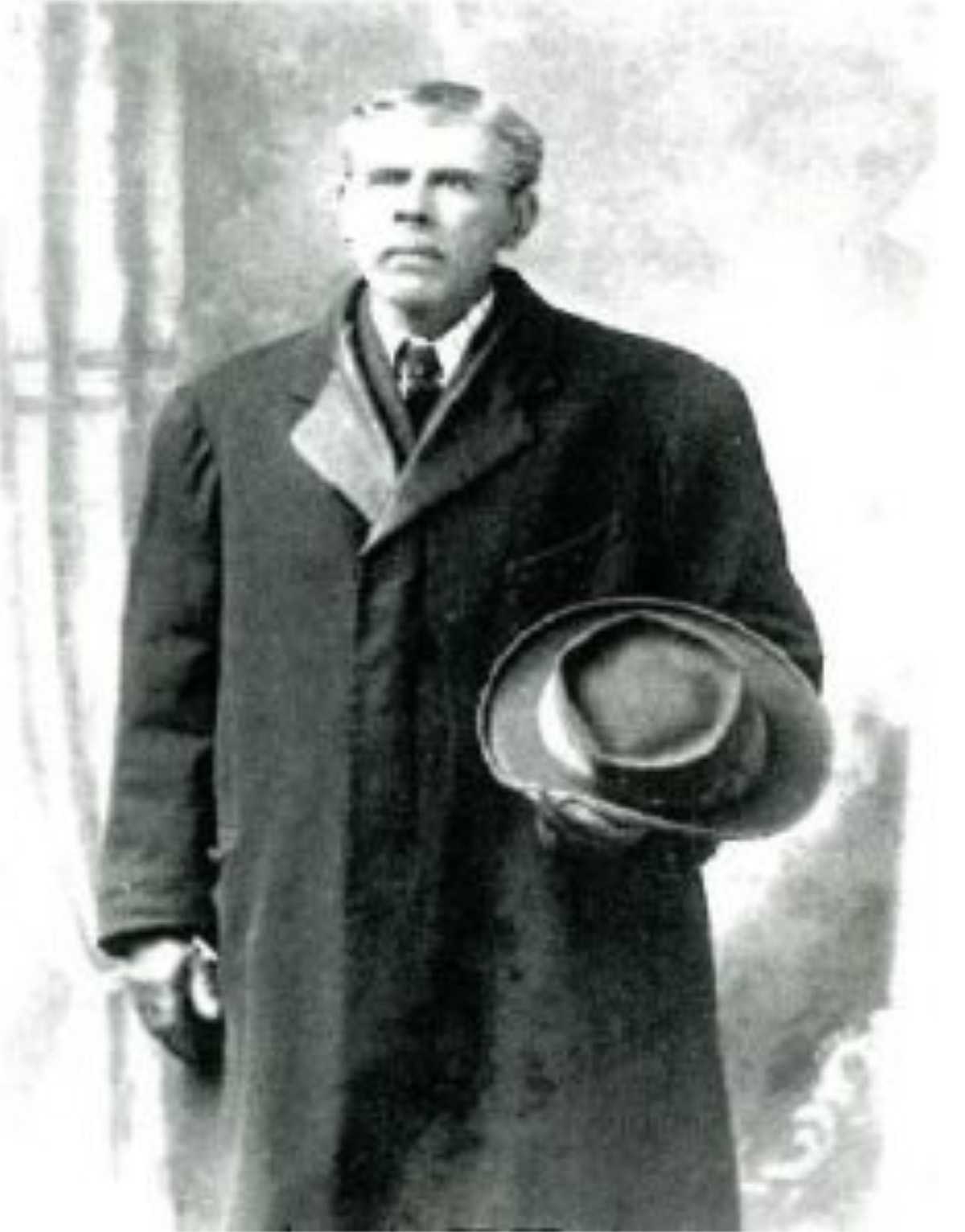It may surprise people to learn that our officers come from all different walks of life: a beautiful tapestry of experiences, education, and family histories. Recently, an African American officer named Nicole—who is nearing retirement after a lifetime spent protecting this nation—shared a very personal story with her fellow CIA officers. We asked if she’d be willing to share part of her story here, with the American public, and she agreed. Below, Nicole reflects on the legacy of her Great-Great Grandfather who was born into slavery only a few miles from where CIA Headquarters sits today.
* * * * *
As I come to the end of my CIA career, I want to share a part of my origin story with my CIA family. This is not a simple story to tell, and I did not come to it in a straight line. Just as my passion for service to our country has fueled the greatest career I could imagine, my passion for understanding my past, where my family came from, and what it means to be an American, has fueled my journey through history and my understanding of my family’s origin. After decades of genealogical research, I have learned that I am an 8th generation Virginian on my father’s side and at least an 8th generation Virginian on my mother’s side. I am an American.
My Family Origin Story
The setting of this part of my family’s story is the Manassas Battlefield Park, or more precisely the land that makes up what is now called the Manassas Battlefield Park in Virginia. The Park receives thousands of annual visitors who are primarily told the details of battles that raged there more than 150 years ago. Much is known and discussed about the First (1861) and Second (1862) Battles of Bull Run (Manassas), which were both substantial victories for the rebelling Confederate forces.
Less thought, and fewer words, is given to those who owned, worked, and lived on the land prior to its becoming a National Battlefield Park. After the war, newly freed African Americans were drawn to the area because former slave owners needed to divest themselves of some of their lands to raise capital. Among the newly freed African Americans who managed to raise the funds to purchase his own land was George O’Neill, my great-great grandfather. George was born into slavery in Rockingham County, Virginia. He was the son of an enslaved woman named Eliza and her slave owner named George DeNeale, Jr. (who also fathered George’s younger brother Willis). By law in Virginia, the status of a child was based on the status of the mother, meaning if the mother was enslaved so was the child. So, my great-great grandfather and his brother were born slaves and were not claimed by their father as his progeny, legal or otherwise. I am not privy to what my great-great grandfather thought of his father, but I do know he and his brother both changed their families’ names to O’Neill in the late 1800s to distinguish (or maybe distance) themselves.

What I do know is that the teenage boys were sold away from their mother to a family in Fauquier County. After the war, the newly freed George and Willis remained in Fauquier for a time, marrying and living primarily in the now historic African American town of Ashville (near Marshall). As an enterprising adult, George was able to raise enough funds to buy land and build a small home for himself and another for his son Golder O’Neill and his family. The property he purchased was located very close to the intersection of Sudley Rd and Rt. 29, not far from the famous Stone House, one of the most visited of the Manassas Battlefield landmarks. As a child, I always wondered how the Manassas Battlefield Park came to possess my family’s land. In my quest for an answer, I discovered that after my great-great grandfather died, his son Golder was bought out by the National Park Service, and our land was officially incorporated into the Manassas Battlefield Park.
I wish I knew more about my great-great grandfather George, his mother Eliza, and the nuance of their lives, but the oral history I have learned is hampered by time and memory.
